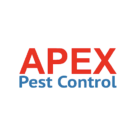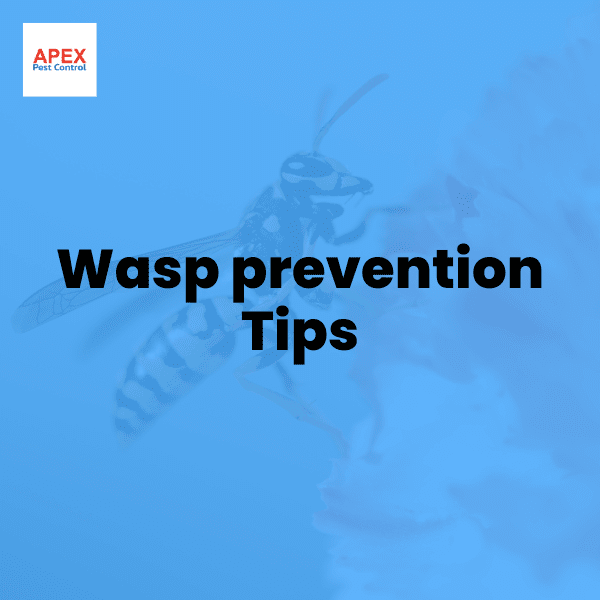Top Wasp Prevention Tips: Your Ultimate Guide To A Sting-Free Summer
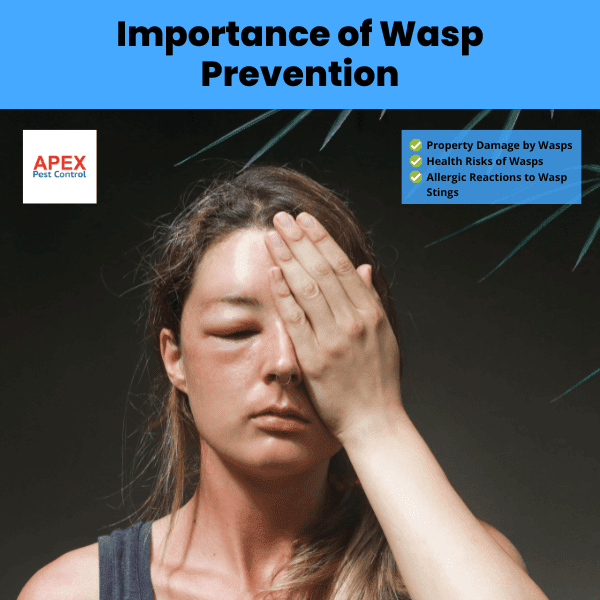
Importance of Wasp Prevention
Wasps, though a part of the ecosystem’s delicate balance, can pose potential threats when they establish nests in residential areas. Two significant concerns related to wasp infestations include health risks and property damage.
Explore our comprehensive guide on effective techniques of wasp population control to ensure safe and successful management by professionals.
Health Risks Associated with Wasps
Wasps are not typically aggressive unless provoked or their nest is threatened. However, when they do attack, their stings can cause painful swelling and redness. For individuals who are allergic to wasp venom, a sting may result in severe allergic reactions that require immediate medical attention.
Damage to Property Caused by Wasps
Aside from posing health risks, wasps can also inflict substantial damage on properties. Some species chew on wood structures and furniture creating visible damage which affects both aesthetics and structural integrity over time.
Identifying Wasp Infestations
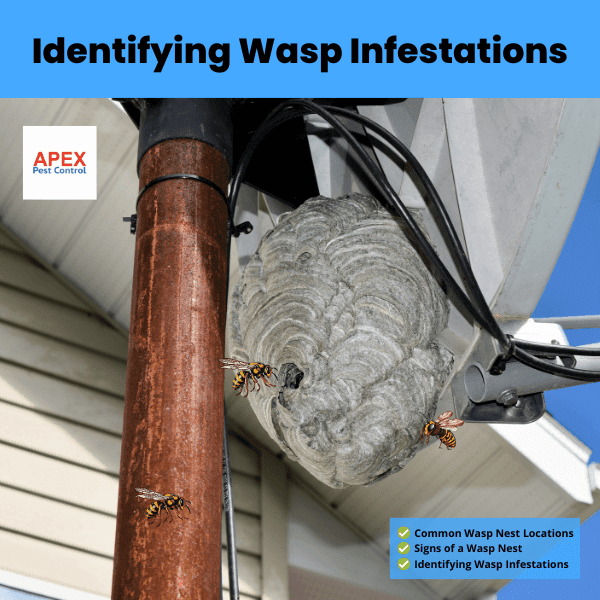
To prevent serious problems caused by wasp infestation, early detection is crucial. It begins with understanding the signs of a nest nearby as well as common locations where these insects choose for nesting.
Signs of a Wasp Nest
One clear sign indicating an active wasp presence is seeing many flying around your vicinity consistently. You might also find tiny paper-like material scattered about; this could be fragments from their nests being built using shredded wood pulp mixed with saliva.
Common Areas Where Wasps Build Nests
Typically preferring quiet spots away from human interference like eaves or attics but also inclined towards outdoor spaces like tree branches or shrubs based on the species involved.
Wasp Prevention Methods
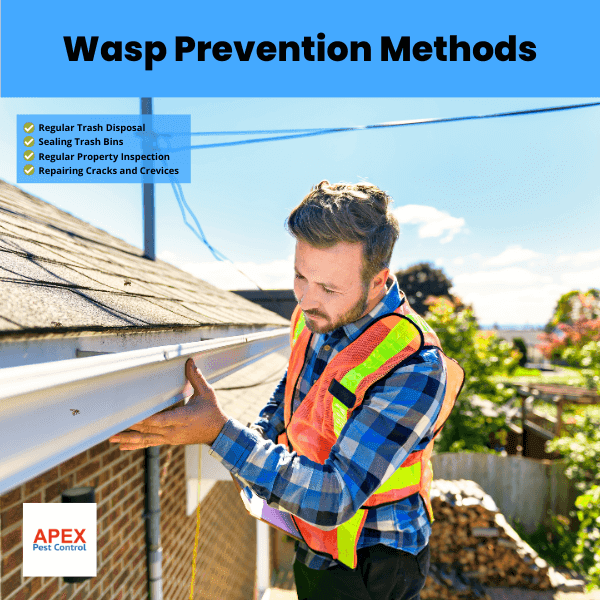
A comprehensive approach involving regular inspections along with proper waste management helps substantially reduce the chances of unwanted guests making themselves at home around your premises.
Regular Property Inspection
Checking for Nests
Performing routine checks throughout the property assists greatly in detecting any existing nests or suspicious activities early on ensuring prompt measures can be undertaken before it escalates into full-blown infestation issues.
Identifying Potential Nesting Sites
Observing potential nesting sites like crevices, attic spaces, under decking or porch ceilings can help to anticipate where wasps might decide to establish their homes.
Proper Waste Management
Sealing Trash Bins
Ensuring garbage bins are tightly sealed prevents attracting wasps which find food from our waste.
Regular Trash Disposal
Frequent disposal of waste helps keep the area clean and less enticing for these creatures.
Sealing Entry Points
Repairing Cracks and Crevices
Fix any cracks or holes in walls and roofs. These are potential entry points for wasps seeking a safe place to build their nests.
Sealing Windows and Doors
Ensure windows and doors fit properly with no gaps; small openings could become convenient entrances for these insects.
Natural Wasp Deterrents
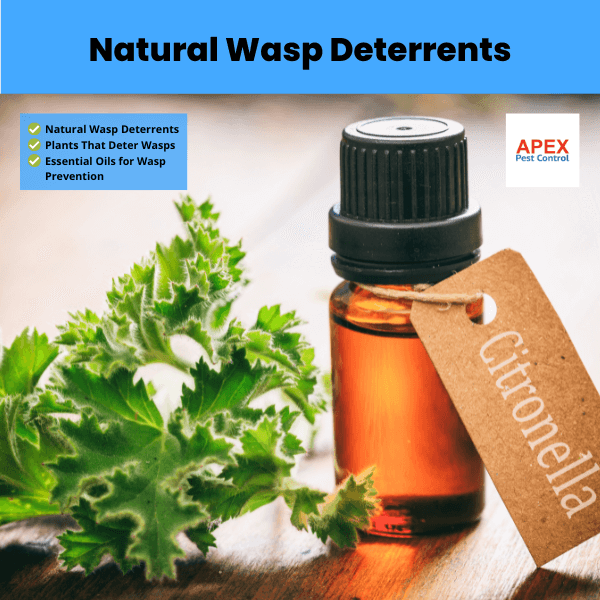
Integrating natural deterrents into your prevention strategy is also worth considering as they offer environmentally friendly options causing minimal harm to other wildlife.
Plants That Deter Wasps
Certain plants such as wormwood, eucalyptus, and citronella are known to repel various types of insects including wasps due to their strong smells which pests generally dislike.
Essential Oils as Wasp Repellents
Some essential oils like peppermint oil have proven effective against deterring these insects. Spraying around common nesting areas can serve well in keeping them at bay.
When To Call A Professional
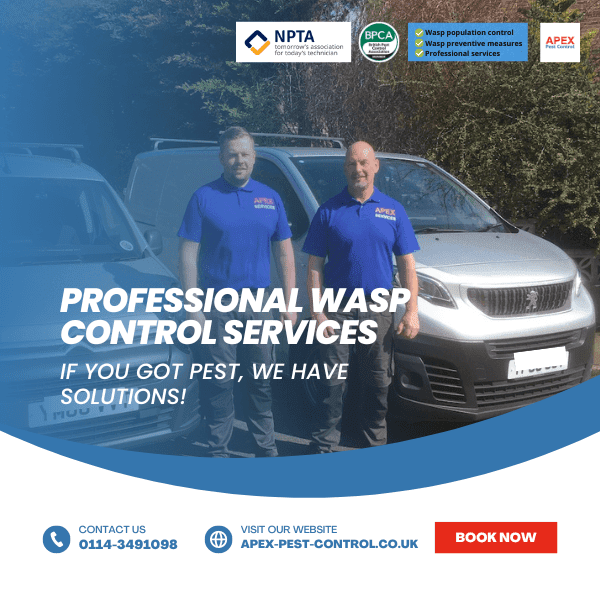
Despite taking all preventive measures possible there could still be instances where professional assistance becomes necessary due to sheer size of infestation or difficulty accessing nests among other reasons.
Size of Infestation
If you notice multiple nests around your property it’s likely you’re dealing with an extensive infestation that may require the expertise professionals bring along for successful eradication.
Difficulty In Accessing The Nest
In situations where nest location proves hard reaching without proper tools/equipment (high up trees/buildings) contacting experts would be the safest choice.
Risks Involved In DIY Wasp Removal
Trying to remove wasps yourself could pose a serious risk especially for those with allergies. Professionals are trained to handle these insects minimising potential harm.
Summary of Key Points
To recap, maintaining vigilant checks on property for any signs of nests or suspicious activities is fundamental alongside keeping areas clean by properly managing waste. Sealing all potential entry points goes a long way in preventing infestations as well.
While natural deterrents offer sustainable methods in handling this issue they may not always be sufficient which brings us back to the emphasis on the need for professional intervention when faced with large-scale infestations or inaccessible nests.
Frequently Asked Questions
How dangerous can a wasp sting be?
While painful and uncomfortable, most stings don’t cause severe reactions unless an individual has an allergy towards venom wherein medical help should be sought immediately.
What do I do if I find a nest in my house?
If the nest is small and easily accessible you might attempt removal using store bought products however larger ones particularly located at hard-to-reach places would require professional services ensuring safe extraction without endangering oneself or others around them.
Can essential oils really deter wasps?
Yes, certain essential oils like peppermint have been shown to be effective against deterring these creatures from nesting nearby but must be used consistently for maximum effectivity.
Is it okay to kill Wasps?
As far as possible we should avoid killing them considering their role within ecosystem but there could circumstances where safety becomes primary concern requiring extermination measures undertaken by experts familiar with humane practises causing least amount suffering involved.

Tony Johnson, Founder & Lead Technician at Apex Pest Control, is a BPCA and NPTA accredited pest management expert with over 35 years’ hands-on experience. Tony specialises in Integrated Pest Management and ensures all services comply with UK pest legislation, including the Wildlife and Countryside Act 1981 and COSHH Regulations 2002. His commitment to continual learning and adapting to industry best practices means clients receive effective, safe solutions for pests affecting homes and businesses across South Yorkshire. Tony’s dedication to professional standards, ethical treatment methods, and local expertise has made him a trusted partner for pest control and prevention.
-
BPCA & NPTA accredited | CHAS certified
-
Committed to UK pest law compliance & safety
-
Focused on effective, ethical pest management for South Yorkshire
